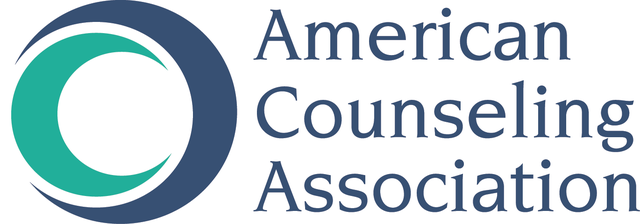Neurofeedback Training for Substance Use Disorders: A Review of the Applicability in Treatment
Full description
This paper reviews the applicability of implementing neurofeedback training in the treatment of substance use disorders. This is a relatively symptom free treatment modality that is based on operant conditioning in which clients receive audio or visual feedback to reinforce and/or inhibit certain brainwave frequencies. By helping clients change brainwave patterns and alter some aspects of neuronal functioning, neurofeedback training promotes neuroplasticity, which can be beneficial in the treatment of substance use disorders. The primary treatment modalities for neurofeedback when used with substance use disorders include the Peniston Protocol, the Scott-Kaiser Modification of the Peniston Protocol, and quantitative electroencephalography (QEEG) guided training. Studies implementing the Peniston Protocol with alcohol dependent individuals have shown higher abstinence rates and lower levels of depression compared to traditional treatment. Research on the Scott-Kaiser Modification of the Peniston Protocol suggests that this protocol is highly successful in terms of retention and abstinence for a variety of substance use disorders. While few studies have been conducted on QEEG-guided neurofeedback training, the results of this training have been comparable to the other two modalities in terms of abstinence rates. Overall, neurofeedback training appears to be an efficacious treatment modality that promotes high rates of abstinence for individuals with substance use disorders.
Comments
to view and add comments.
Annotations
No one has annotated a text with this resource yet.
- typePdf
- created on
- file formatpdf
- file size270 kB
- container titleVISTAS Online
- copyright statusIn Copyright
- creatorJames C. Shepard
- issue2015
- publisherAmerican Counseling Association
- publisher placeAlexandria, VA
- rights holderAmerican Counseling Association
